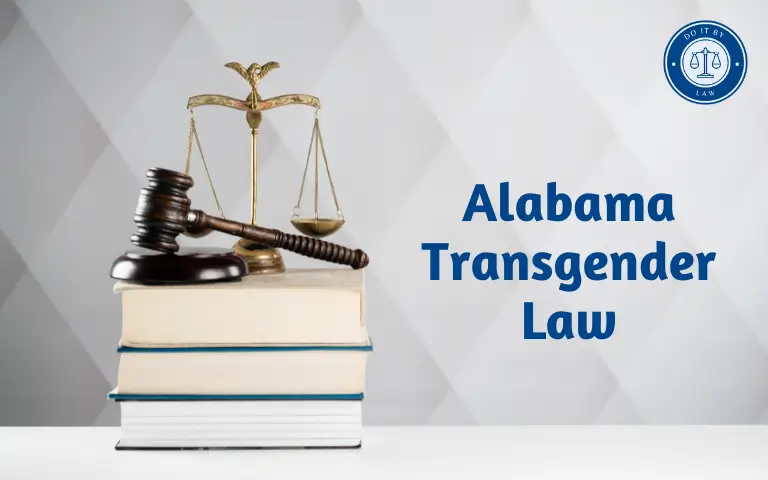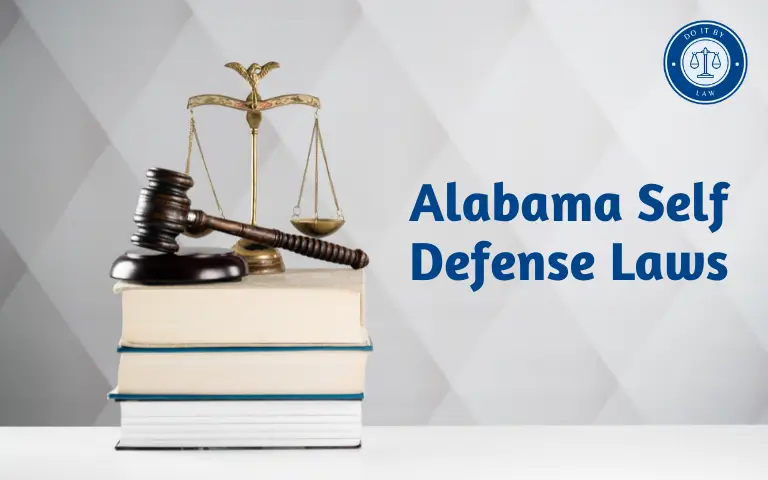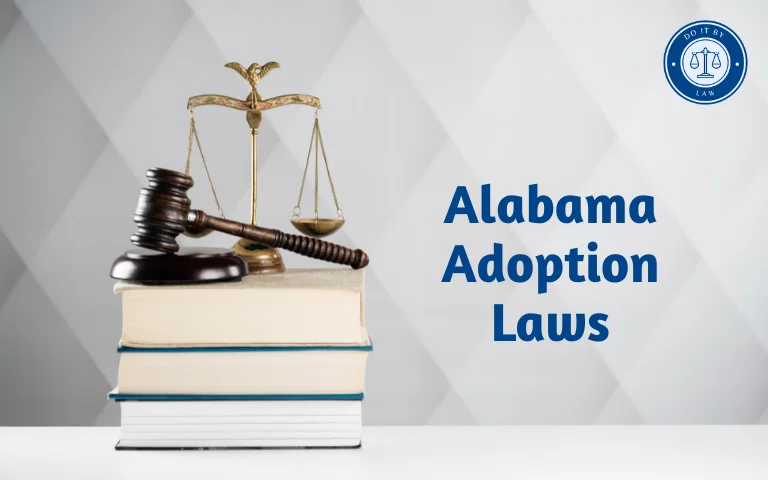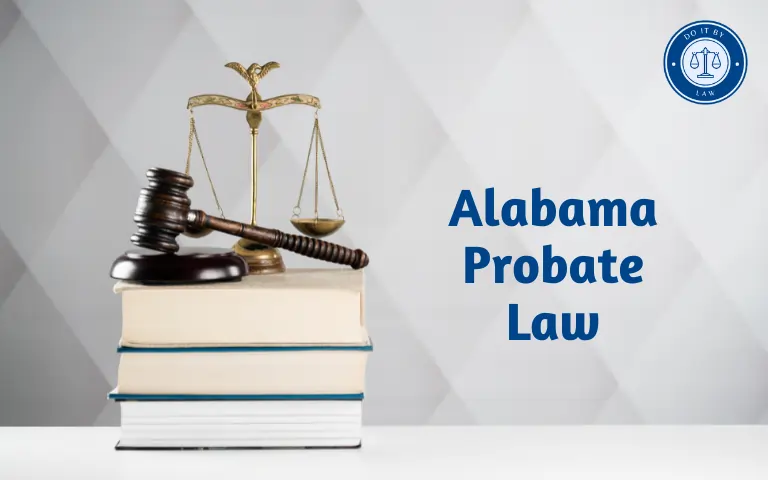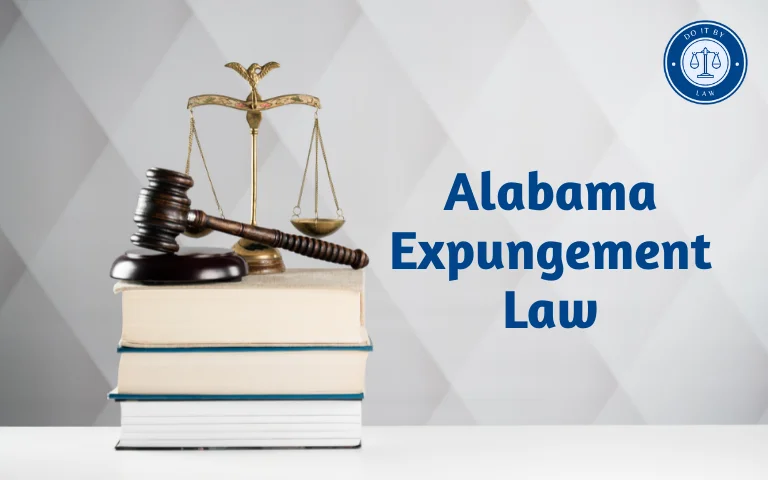Alabama Transgender Law: What You Need to Know
Alabama has enacted several laws in recent years aimed at restricting rights and protections for transgender individuals in the state. This article provides an overview of key details, history, and implications of Alabama Transgender Law.
Introduction
In the past few years, Alabama has passed multiple laws targeting Alabama Transgender Law youth and adults in the state. These laws limit access to gender-affirming medical care, block trans participation in sports, and more. This article will summarize when the laws were enacted, who they impacted, key provisions, penalties for violations, controversies and debates, and potential future legal challenges.
History and Context of Alabama Transgender Laws
- In 2022, Alabama enacted the Vulnerable Child Compassion and Protection Act, which makes it a felony to provide gender transitioning or affirming medical care to minors. This law was passed amid a national wave of Republican-led state legislatures proposing restrictions on trans youth medical access.
- Supporters of the law argue it protects kids from irreversible medical interventions. Critics say it limits necessary care and prevents doctors from providing best-practice medicine.
- In 2021, Alabama passed the Gender is Real Legislative Act (GIRL), banning trans girls from participating in K-12 sports aligned with their gender identity.
- The stated goals were providing fair competition and preserving Title IX protections for cisgender girls. Opponents contend it discriminates against an already marginalized group.
- These laws follow a national trend of GOP policymakers introducing a record number of anti-trans bills, though few have been enacted so far.
Who Alabama Transgender Laws Impact
- The Vulnerable Child Act prohibits doctors from administering puberty blockers, hormones, or surgery to any minor about gender transition. This impacts trans youth diagnosed with gender dysphoria seeking medical steps to affirm their identity.
- GIRL Act affects transgender girls seeking to join sports teams consistent with their gender. Requires proof of original birth certificate sex to join gendered sports.
- Broader chilling effect – even unenforced, these laws contribute to a harmful, dangerous environment for all transgender Alabamians.
Key Provisions and Restrictions
Medical Care Ban – Vulnerable Child Compassion and Protection Act
- Class C felony for any physician to prescribe puberty blockers, hormones, or perform transition-related surgeries to patients under 19 years old.
- Doctors face up to 10 years in prison and $15,000 fines if found in violation. Healthcare facilities can also be fined.
- No exceptions for patients with gender dysphoria established medical needs, or parental consent.
- The law criminalizes best-practice standards of care for transgender adolescents as established by major medical associations.
Participation Ban – GIRL Act
- Requires students in K-12 schools to participate in sports based on biological sex stated on original birth certificate.
- Schools must request birth certificates to confirm compliance.
- Transgender girls are banned from joining girls’ sports teams consistent with their gender identity.
- No religious, conscientious, or medical exemptions are offered.
Penalties for Violating Alabama Transgender Laws
- Doctors who provide gender-affirming medical care to minors face Class C felony charges punishable by up to 10 years in prison and $15,000 in fines.
- Healthcare institutions can also be fined up to $15,000 per violation.
- Schools or administrators allowing transgender girls to play on girls’ teams could be subject to civil suits from students for violating the GIRL Act.
- Broader potential loss of funding, accreditation, or licenses for violating state law.
- No specified penalties for transgender girls themselves, but schools may bar them from team participation.
Recent Changes and Proposed Legislation
- In May 2022, the Vulnerable Child Act was temporarily blocked from taking effect by a federal judge responding to legal challenges. The state began appealing the decision soon after.
- So far the medical care ban is still blocked, but the legal battle is expected to continue. A federal appeals court will likely make the next ruling on the injunction.
- No changes have yet been made to the GIRL Act sports participation restrictions since its passage in 2021.
- However, a legal challenge to the law is pending and state attorneys are seeking to dismiss that lawsuit.
- Additional anti-trans bills were proposed in the 2022 legislative session but did not pass before adjournment. Expected to be reintroduced in 2023.
Controversies, Debates, and Legal Challenges on Alabama Transgender Law
- ACLU and other civil rights groups argue Alabama’s laws unconstitutionally discriminate against transgender individuals’ rights to equal treatment, due process, and free expression.
- Parents of trans youth and doctors have also voiced opposition, citing attempts to restrict necessary medical care and parental rights.
- Supporters of the laws say they are needed to protect girls’ sports and shield minors from medical harm. However, major medical associations endorse gender-affirming care for transgender adolescents.
- Federal judges so far appear somewhat receptive to activists’ arguments against the laws, as evidenced by early injunctions blocking implementation. But appeals courts will have the final say.
- Cases likely headed to the Supreme Court eventually. The outcome is hard to predict given the new conservative supermajority.
Conclusion and Main Takeaways
- In recent years, Alabama has passed laws banning gender-affirming medical treatment for trans youth and restricting school sports participation for trans girls.
- Though passed in the name of protecting children, these laws limit doctors’ ability to provide best-practice care and prevent youth from participating fully as themselves in school activities.
- The laws face ongoing legal challenges arguing they violate constitutional rights. However, the appeals process could take years to reach a definitive ruling.
- Alabama’s transgender community continues fighting against discriminatory measures through activism, lawsuits, and speaking out.
- It remains unclear to what extent these laws will be enforced while pending court challenges proceed. However, the anti-trans legislative trend raises concerns about further efforts to roll back protections in Alabama.

